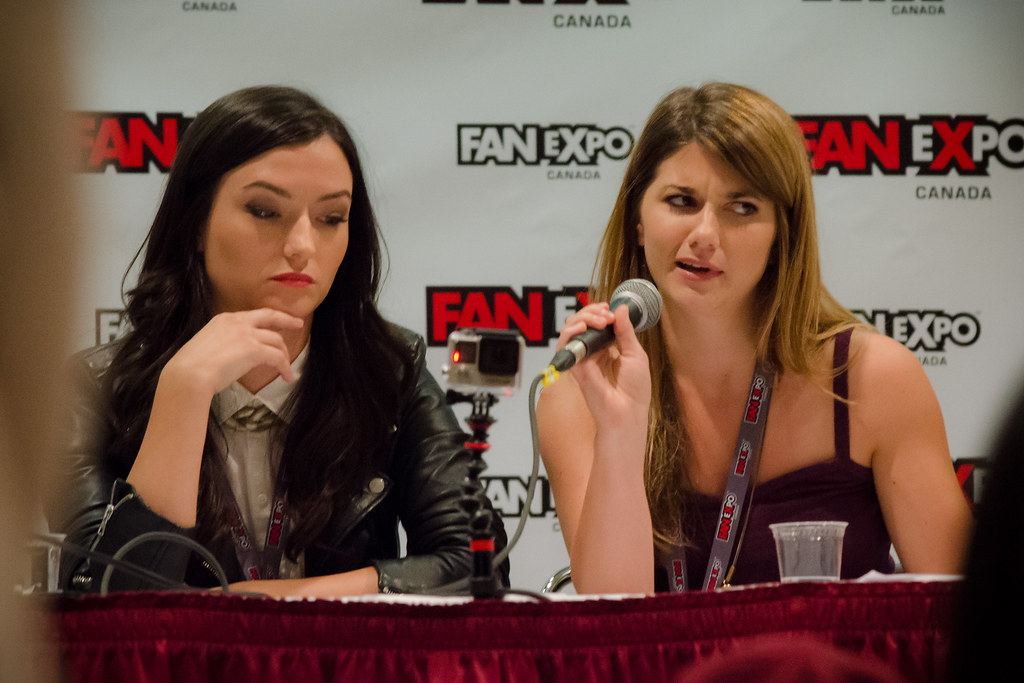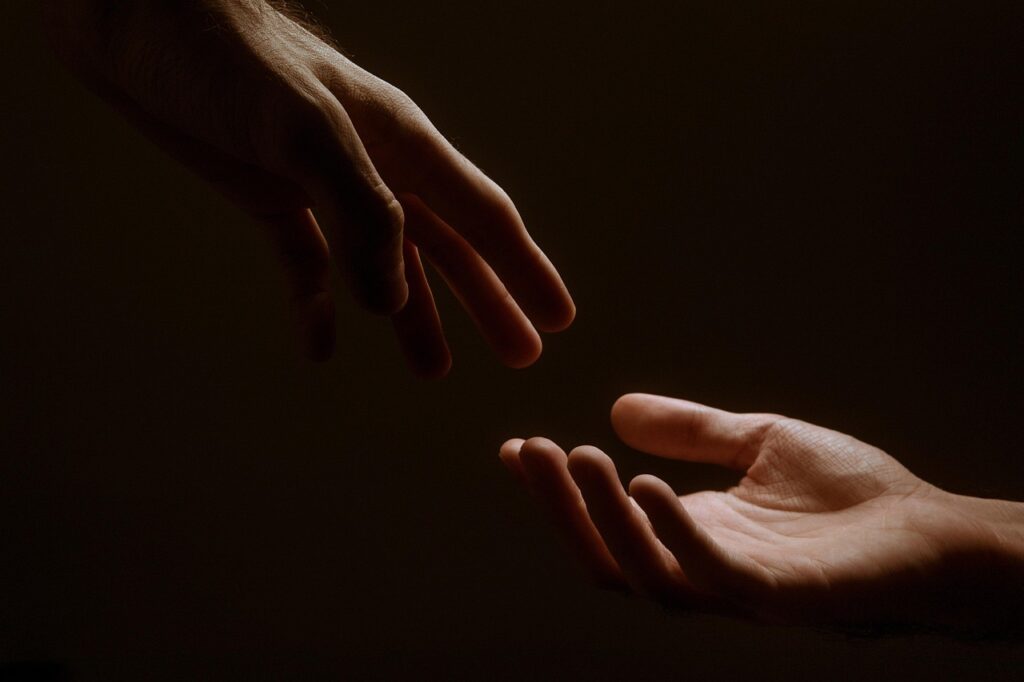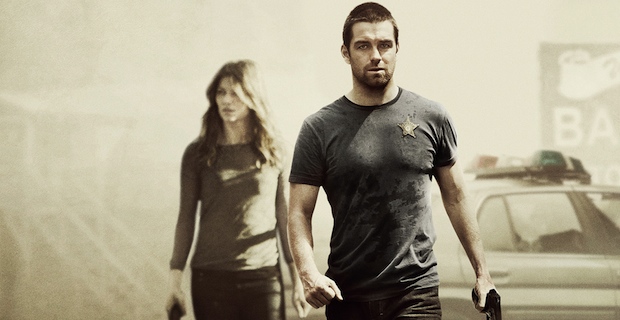
Former child star Macaulay Culkin is opening up about a deeply personal and often painful chapter of his life, shedding light on the challenging dynamics of his family upbringing, particularly his relationship with his father, Christopher “Kit” Culkin. These candid reflections come to light in Colin Hanks’ new documentary, “John Candy: I Like Me,” which shines a spotlight on the beloved late comedian, revealing not only Candy’s professional legacy but also his profound human kindness.
What emerges from Culkin’s account is a powerful narrative of observation and compassion, centered on the late John Candy, a co-star who seemingly possessed a unique intuition regarding Macaulay’s difficult home life. Candy, who worked alongside a young Culkin in classics like “Home Alone,” “Only the Lonely,” and “Uncle Buck,” stands out as one of the few adults who genuinely looked out for the child actor during a tumultuous period. This documentary serves as a poignant reminder of the hidden struggles behind the scenes of Hollywood glamour.
In this deeply personal sharing, Macaulay Culkin paints a picture of a difficult childhood overshadowed by an allegedly abusive father, a situation John Candy recognized with remarkable clarity. It’s a story of vulnerability, the search for solace, and the lasting impact of a compassionate gaze in a world often focused solely on fame and fortune. Let’s delve into the initial revelations about this extraordinary connection and the early signs of a deeply troubled family dynamic.
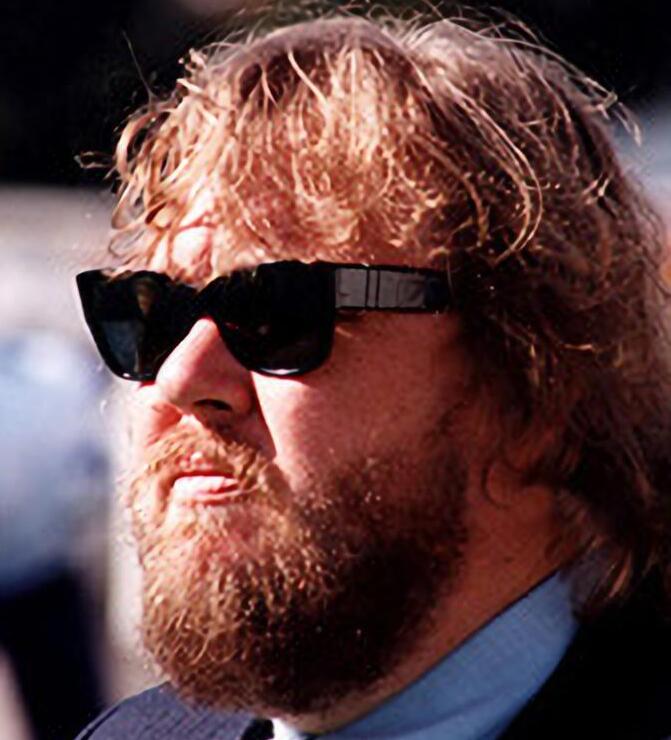
1. **John Candy’s Instinctive Recognition of Kit Culkin’s Difficult Nature**Macaulay Culkin vividly recalls John Candy’s remarkable intuition, noting in the documentary, “I think he always had that really great instinct.” This instinct allowed Candy to see through the surface and perceive the underlying issues within the Culkin household, long before the world became fully aware of Macaulay’s father’s alleged abusive tendencies. It speaks volumes about Candy’s character that he was able to pick up on such sensitive dynamics even amidst the bustling environment of a film set.
Culkin emphasizes that his father’s true nature was not a well-kept secret to those with keen observation. “Listen, even before the wave crested and the ‘Home Alone’ stuff was happening, it was not hard to see how difficult my father was,” Macaulay reveals in the documentary. “It was no secret. He was already a monster.” This statement highlights that Kit Culkin’s challenging personality predated his son’s meteoric rise to fame, making John Candy’s early perception all the more significant.
Candy’s ability to recognize these struggles speaks to a deeper empathy, one that allowed him to see beyond the child star facade and into the boy’s real-life circumstances. It suggests that while many might have been oblivious or chosen to ignore the signs, Candy was attuned to the nuances of human behavior and felt a sense of responsibility or concern for his young co-star. This early awareness set the stage for the subtle acts of care that Macaulay would come to cherish.

2. **The Evolution of Kit Culkin from “Difficult” to “Infamous Monster”**Macaulay Culkin starkly differentiates between his father’s pre-fame difficulties and the intensified abuse that followed his success. Initially, Kit Culkin was “already not a good guy,” a problematic figure whose difficult nature was discernible to observant individuals like John Candy. This foundational temperament laid the groundwork for the more public and exacerbated issues that would later define their relationship.
Culkin notes a pivotal shift: “All of a sudden, the fame and the money came, and he became an infamous monster.” The arrival of widespread recognition and significant wealth seemingly amplified Kit Culkin’s negative traits, transforming a previously difficult personality into something far more predatory and damaging. This progression illustrates how external success, rather than improving the situation, fueled a darker side of his father’s character.
The context suggests that the pressures and opportunities of Hollywood fame exacerbated Kit’s alleged abuse, turning him into a figure whose monstrous behavior became widely known and discussed. Macaulay’s use of the term “infamous monster” powerfully conveys the public and pervasive nature of his father’s actions once money and celebrity entered the equation. This tragic transformation marked a significant turning point in Macaulay’s childhood and professional life.
3. **John Candy’s “Side-Eyed” Check-Ins and Paternal Care on Set**Amidst the challenging home environment, Macaulay Culkin distinctly remembers John Candy’s subtle yet deeply impactful gestures of care. Candy would often cast a “side-eyed” glance, a seemingly casual inquiry that held significant meaning for the young actor. These brief moments of connection served as vital lifelines, offering a glimpse of concern when it was scarce elsewhere.
Culkin vividly recalls the nature of these inquiries: “I think John was looking a little side-eyed, like, ‘Is everything alright over there? You doing good? Good day? Everything’s alright? Everything good at home? Alright.’” These questions, though simple, conveyed a profound sense of paternal vigilance. They were not intrusive, but rather gentle probes designed to ascertain the well-being of a child he clearly felt a protective instinct towards.
Macaulay describes this consistent checking in as “a testament to the kind of man he was,” further emphasizing that Candy “was just looking out for” him on set. This informal yet consistent display of concern provided a stark contrast to the alleged abuse he faced at home, offering a safe space, however brief, within his professional life. Candy’s actions demonstrated a rare humanity in an industry often devoid of it.
4. **The Rarity of John Candy’s Empathy and Macaulay’s Lingering Wish**Despite the profound impact of John Candy’s care, Macaulay Culkin laments its infrequency in his life. “It doesn’t happen that often. It actually happened less as time went on,” he shares in the film. This statement underscores the isolation he felt and the desperate need for genuine compassion during his formative years, suggesting that Candy’s attentiveness was an exception rather than the norm.
Macaulay expresses a poignant longing, stating, “I wish I got more of that in my life.” This wish reveals the depth of the void left by a lack of consistent, nurturing support from other adults. The moments with John Candy, though limited, became cherished memories precisely because they stood out against a backdrop of emotional neglect and abuse.
He stresses the importance of holding onto these memories: “It’s important that I remember that. I remember John caring when not a lot of people did.” For Culkin, these recollections are not just sentimental; they are crucial anchors, reminding him that he was seen and cared for, even when the broader world, including his own family, failed to provide that essential human connection.
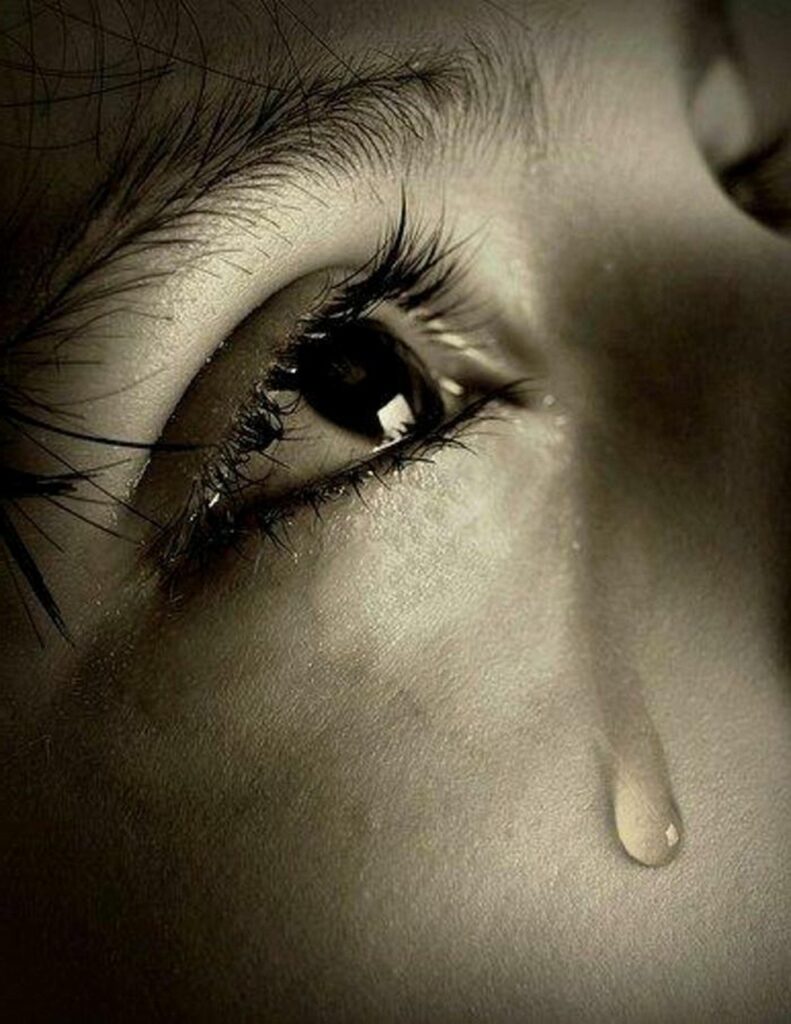
5. **Macaulay’s Earliest Memory: A Vow to Not Be Like His Father**Long before he became a global superstar, Macaulay Culkin harbored a profound and painful realization about his father, Christopher “Kit” Culkin. He shared on Kate and Oliver Hudson’s podcast, “Sibling Revelry,” back in April that “One of my earliest memories of him was, ‘When I grow up, this is how I’m not gonna be with my kids.’” This formative thought illustrates the early and deep-seated impact of his father’s behavior.
This early resolution wasn’t a fleeting thought but a foundational principle that shaped his perspective on parenting. It stemmed directly from observing and experiencing Kit Culkin’s actions, which Macaulay described as those of a “bad man.” The desire to break this cycle of abuse became a driving force, even at a very young age, highlighting the lasting trauma inflicted during his childhood.
Culkin’s recollection underscores that the seeds of his estrangement and his determination to be a different kind of father were sown long ago. It’s a testament to the resilience of a child who, despite suffering, was able to envision a better future for himself and his own potential family, contrasting sharply with the example set by his biological father.

6. **John Candy’s Kindness and Respect Towards Child Actors**Macaulay Culkin specifically highlights John Candy’s exceptional approach to working with children on set, a trait that further distinguished him from many other adults in the industry. Culkin notes that many actors “don’t know how or don’t like to work with kids… they’re tricky to work with.” This common sentiment made Candy’s patience and warmth all the more remarkable and appreciated.
He continued, stating that “John was always really kind and really good.” This unwavering kindness extended not only to Macaulay but also to his on-screen sibling, actress Gaby Hoffmann. Candy treated them with a level of professionalism and humanity often denied to young performers, fostering an environment of respect that was rare for child actors.
Culkin further elaborated on the impact of this respect: “He showed a lot of respect. When you’re 8 years old, you don’t really get respect, whether it’s in a workplace or just from adults and grown-ups in general. You felt invited in.” This sense of being “invited in” speaks to Candy’s ability to treat children as valued collaborators rather than mere props, creating a safe and welcoming space that profoundly affected Macaulay during his vulnerable years.” , “_words_section1”: “1932

7. **The Physical and Mental Scars of Alleged Abuse**Macaulay Culkin’s revelations about his father, Kit Culkin, paint a stark picture that goes far beyond simply describing a “difficult” personality. His candid admissions delve into the harrowing reality of sustained abuse, publicly sharing that his dad was “abusive, physically and mentally.” This deeply troubling truth offers a poignant contrast to the glitz and glamour often associated with child stardom, underscoring the hidden struggles behind his early success and the lasting imprints left on him.
During a powerful 2018 appearance on Marc Maron’s podcast, Macaulay did not mince words when discussing the extent of his suffering. He unflinchingly stated, “I can show you all my scars if I wanted to,” a raw and visceral declaration that brings home the severity of the alleged physical abuse he endured. This statement is a chilling testament to the tangible and enduring marks left by his childhood, highlighting the profound personal cost of his fame while under his father’s management.
These experiences, as Culkin implies, were not isolated incidents but rather a pervasive atmosphere of fear and control that permeated his formative years. The mental and physical scars he refers to speak to a childhood marred by a constant battle for survival and self-preservation, where the security and nurturing typically associated with family life were tragically absent. His ability to articulate these painful memories, even decades later, provides invaluable insight into the darker, often unseen, side of his celebrated upbringing in Hollywood.
The emotional toll of such a demanding and allegedly abusive environment is immense. For a child actor, navigating the pressures of fame while simultaneously enduring abuse at home created a double burden that few could comprehend. Macaulay’s bravery in speaking out illuminates the complex layers of trauma, reminding us that success and public adoration can often mask profound personal struggles.
Read more about: Kaitlin Olson’s Untold Story: A Horrific Childhood Accident, Facial Reconstruction, and the Resilience That Forged a Star
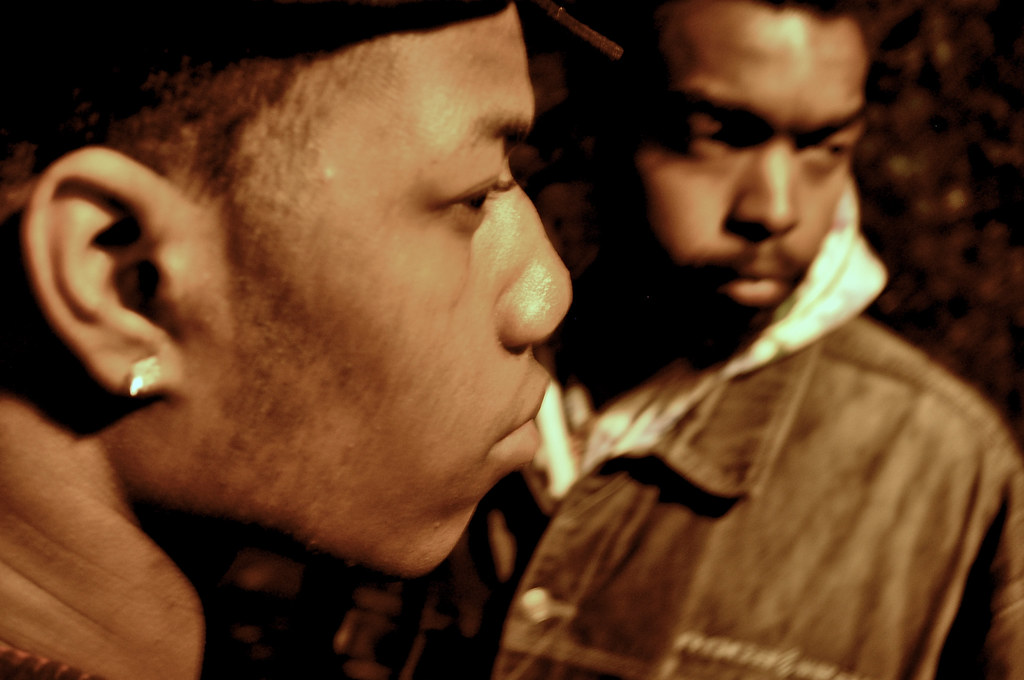
8. **Decades of Estrangement and the Fight for Personal Autonomy**The alleged abuse ultimately led to a profound and enduring estrangement between Macaulay Culkin and his father, a separation that has now spanned approximately three decades. This lengthy silence, which Macaulay himself has confirmed, serves as a powerful testament to the irreparable damage inflicted during his childhood. It speaks volumes about the depth of the rift and his unwavering determination to distance himself from his past trauma and its alleged perpetrator.
A pivotal moment in this decades-long estrangement occurred during the bitter custody battle between his parents in the 1990s. When asked about his preferences, Macaulay reportedly made it unequivocally clear that “we didn’t want to go with my father.” This decisive stand, taken at such a vulnerable age, was a powerful assertion of his desire for safety and autonomy, signifying a complete rejection of his father’s influence and control over his life and, crucially, his burgeoning career and finances.
Furthermore, Macaulay took bold legal steps to remove his father from his trust fund, a move he later described as “one of the best things that’s ever happened.” This act was not merely a financial maneuver; it was a profound reclaiming of personal agency and a crucial, symbolic step towards severing the manipulative ties that allegedly bound him to his abuser. It allowed him to take control of his destiny and begin to forge a life free from his father’s direct manipulation and financial exploitation, which had been a significant aspect of their toxic dynamic.
This long period of no contact underscores a fundamental truth about abusive relationships: sometimes, the only path to healing and self-preservation is complete separation. Macaulay’s enduring estrangement is not a sign of indifference, but rather a testament to the deep-seated pain and the necessary boundaries he established to protect his own well-being and mental health.

9. **Kit Culkin’s Public Disownment and Alleged Narcissistic Behavior**In a stark and undeniably revealing moment, Christopher “Kit” Culkin, who has largely retreated from the public eye since his separation from Macaulay’s mother, Patricia Brentrup, offered a rare public comment in a 2016 interview with the Daily Mail. His words were chillingly dismissive and absolute: “I don’t consider him a son anymore,” a direct reference to Macaulay. This public disownment offers a profound, if troubling, glimpse into Kit’s own perspective on their shattered relationship, highlighting a complete lack of acknowledgment for his son’s suffering or any personal culpability.
Macaulay, for his part, has candidly described his father’s behavior as fitting the profile of “narcissistic crazy people,” a powerful and unflinching characterization. This description suggests a profound inability on Kit’s part to acknowledge his alleged wrongdoings or to empathize with the immense suffering he inflicted upon his children. Macaulay firmly believes his father sees himself as perpetually “right,” and his children, including himself, as “wrong,” showcasing a disturbing and unyielding refusal to take responsibility for his actions.
This profound clash of narratives—Macaulay’s raw accusations of physical and mental abuse versus Kit’s public disownment and perceived narcissistic traits—paints a tragic picture of a family irrevocably fractured beyond repair. It underscores the immense psychological chasm between father and son, with no apparent pathway to understanding or reconciliation, even after decades. The public comments from both sides serve as painful reminders of a relationship that has, for an entire generation, been tragically beyond mending, reflecting a deep-seated and unresolved conflict.
Macaulay’s assertion that his father “deserves” the estrangement further solidifies his position, indicating a firm conviction that the separation is a necessary consequence of Kit’s actions. This sheds light on the emotional closure Macaulay has sought and found, not through reconciliation, but through the establishment of firm boundaries and a clear understanding of his father’s alleged character.
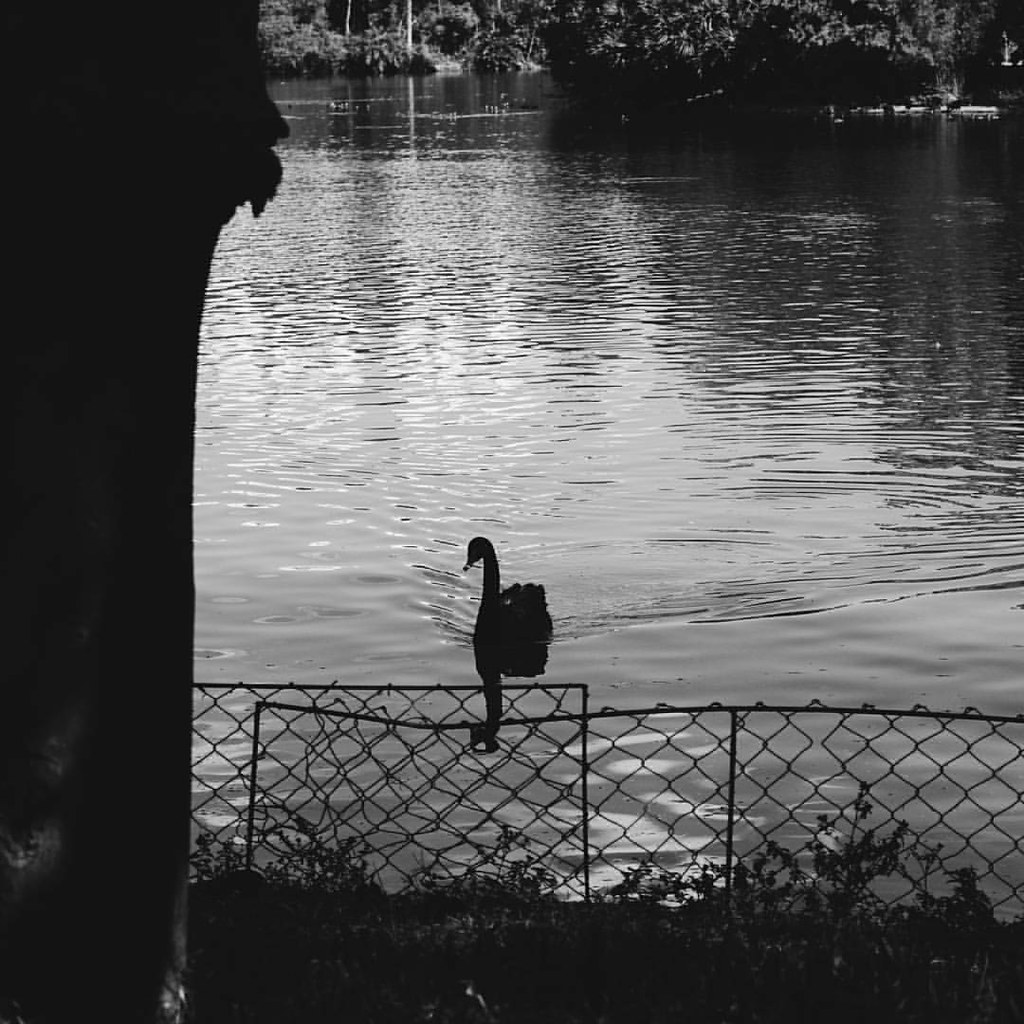
10. **The Collective Estrangement: Not Just Macaulay, But All Siblings**The strained and deeply problematic relationship with Kit Culkin is not an isolated incident concerning only Macaulay; it extends significantly to a majority of his siblings as well. Macaulay explicitly revealed on the “Sibling Revelry” podcast that, concerning their father, “none of them want anything to do with him.” This powerful statement indicates a widespread family rift that transcends individual grievances, suggesting that the alleged abuse and difficult personality impacted all of Kit’s children in profound and lasting ways.
Kit Culkin is a father to seven children, and now, he also has four grandchildren. Yet, the stark reality is that the collective decision of his offspring to cut ties paints a devastating portrait of his parenting and the emotional environment he allegedly fostered. The fact that an entire generation, including Macaulay’s brother and fellow actor Kieran Culkin, has chosen estrangement underscores the consistent severity of Kit’s alleged problematic behavior throughout their lives, making it a shared family trauma rather than an individual conflict.
This shared experience of estrangement provides a crucial broader context to Macaulay’s individual story. It demonstrates that his childhood struggles were not unique but were part of a larger, systemic family issue that has affected multiple lives. The siblings’ united front in distancing themselves from their father highlights a collective choice to protect their peace, mental health, and overall well-being by severing ties with a figure they describe in such harsh and uniform terms.
It speaks volumes about the lasting impact of Kit Culkin’s actions that such a large family unit has collectively opted for no contact. This collective decision suggests a history of behavior that left deep scars across all his children, ultimately leading them to prioritize their own healing and self-preservation over maintaining a relationship with a father they found to be abusive and difficult.
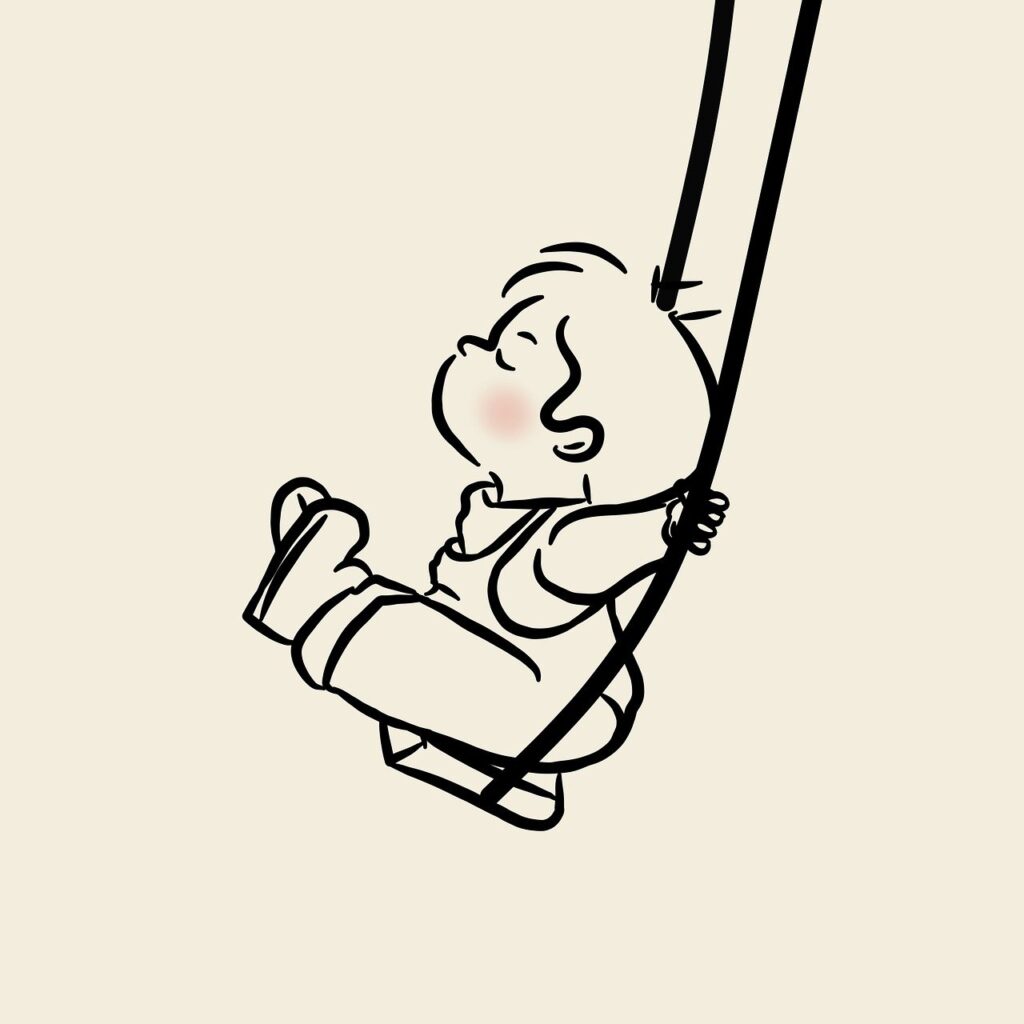
11. **Breaking the Cycle: Macaulay Culkin’s Journey to Paternal Growth**Despite the profound trauma of his upbringing, Macaulay Culkin has made a conscious, determined, and admirable effort to break the painful cycle of abuse with his own children. He shared a deeply personal and formative revelation: “One of my earliest memories of him was, ‘When I grow up, this is how I’m not gonna be with my kids.’” This childhood vow, born from his suffering, became a foundational principle for his own approach to fatherhood, driven by an unwavering desire to offer his sons a starkly different and loving experience than the one he endured.
Now a proud father to two young sons, Dakota, 4, and Carson, 2, with his fiancée Brenda Song, Macaulay is actively and intentionally living out that deeply held early promise. He has reflected on how his past intersects with his present role, saying, “Now that I have kids of my own, it’s like… it kicks up some dust.” This implies a continuous, introspective process of grappling with his own history while simultaneously striving, day by day, to create a nurturing, safe, and loving environment for his boys, an environment far removed from the emotional neglect and alleged abuse he experienced.
His journey reflects an incredible strength, resilience, and profound capacity for personal growth. He has transformed his painful childhood experiences into a powerful catalyst for positive change, refusing to allow the past to define his future as a parent. By openly discussing his difficult upbringing and actively working to be a present, supportive, and compassionate father, Macaulay embodies a powerful message of healing and generational progress.
This commitment to conscious parenting not only benefits his own family but also offers hope and inspiration to others who have endured similar childhood adversities. His story demonstrates that the legacies of trauma can be overcome with intentionality, self-awareness, and an abundance of love, showing that it is possible to build a future that diverges sharply from a painful past.
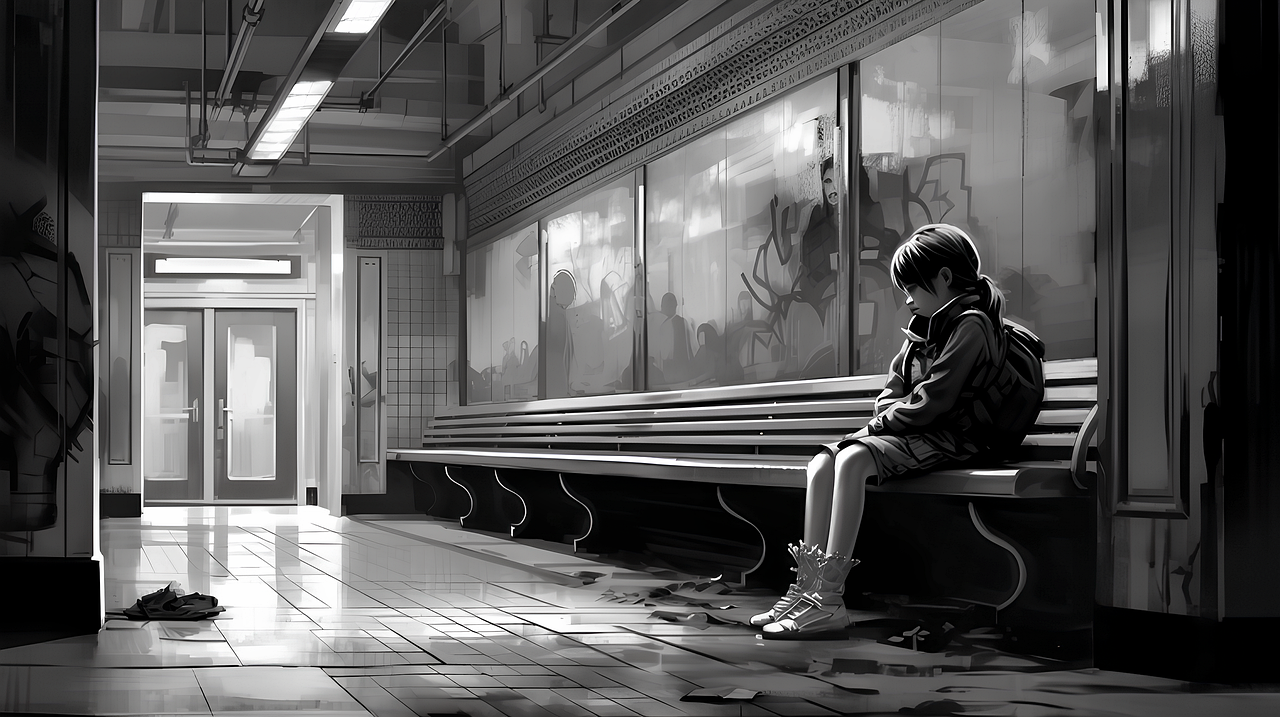
12. **The Bitter Resentment: Kit Culkin’s Alleged Jealousy of Success**Macaulay Culkin has offered a deeply personal and insightful theory regarding his father’s alleged abusive behavior, suggesting that it was profoundly rooted in resentment and envy over his son’s burgeoning and unprecedented success. “He had a certain amount of resentment towards me, I think is what it was. Because he wanted to be an actor, and he kind of did some stuff,” Macaulay explained, highlighting Kit’s own unfulfilled ambitions in the acting world as a potential driving force behind his harshness.
Kit Culkin had a background in theater, including some Broadway roles like Horus and ballet performances, but he never achieved the widespread fame or critical recognition that his son Macaulay did almost instantaneously. Macaulay vividly recalls the stark contrast: “I, right out of the bat, like, I instantly got the lead stuff in the ballet company. I instantly booked all these things like that.” This immediate and overwhelming success, he believes, ignited a profound professional jealousy in his father, rather than pride.
This perceived professional rivalry, according to Macaulay, tragically twisted their father-son dynamic into something deeply toxic and destructive. He speculated, “I think he kind of hated me a little bit for that, and so I think that’s why he kind of was a little bit harsh with me.” It is a heartbreaking insight into how a parent’s own unrealized dreams could manifest as alleged abuse and resentment towards their child, turning the child’s success into a source of personal pain and bitterness for the parent, rather than a cause for joy and celebration.
Macaulay’s reflection that “It sucks, but it makes me the man I am today. Yeah, I wouldn’t be the man. I wouldn’t be the father I am today if it wasn’t for my experiences, you know,” provides a nuanced perspective. While acknowledging the pain, he recognizes that these difficult experiences, including his father’s alleged jealousy, ultimately forged him into the person and parent he is today, embodying a complex blend of trauma and resilience.
**An Enduring Legacy of Kindness and Resilience**
Macaulay Culkin’s candid reflections, powerfully amplified by Colin Hanks’ new documentary “John Candy: I Like Me,” serve as a profound testament to the intricate tapestry of human experience—showcasing both the incredible resilience of the human spirit and the lasting impact of both profound kindness and deep-seated trauma. From John Candy’s intuitive, paternal care that offered a young Macaulay a rare glimpse of compassion, to Macaulay’s determined and inspiring efforts to break the cycles of abuse within his own family, this story resonates far beyond the glittering confines of Hollywood. It reminds us all of the quiet heroes who offer solace when it’s needed most, the long and painful shadow cast by unaddressed psychological wounds, and the ultimate, triumphant journey of choosing a path of healing, self-awareness, and unwavering compassion, proving that even in the darkest moments, the enduring light of empathy can leave an indelible and transformative mark on a life.

